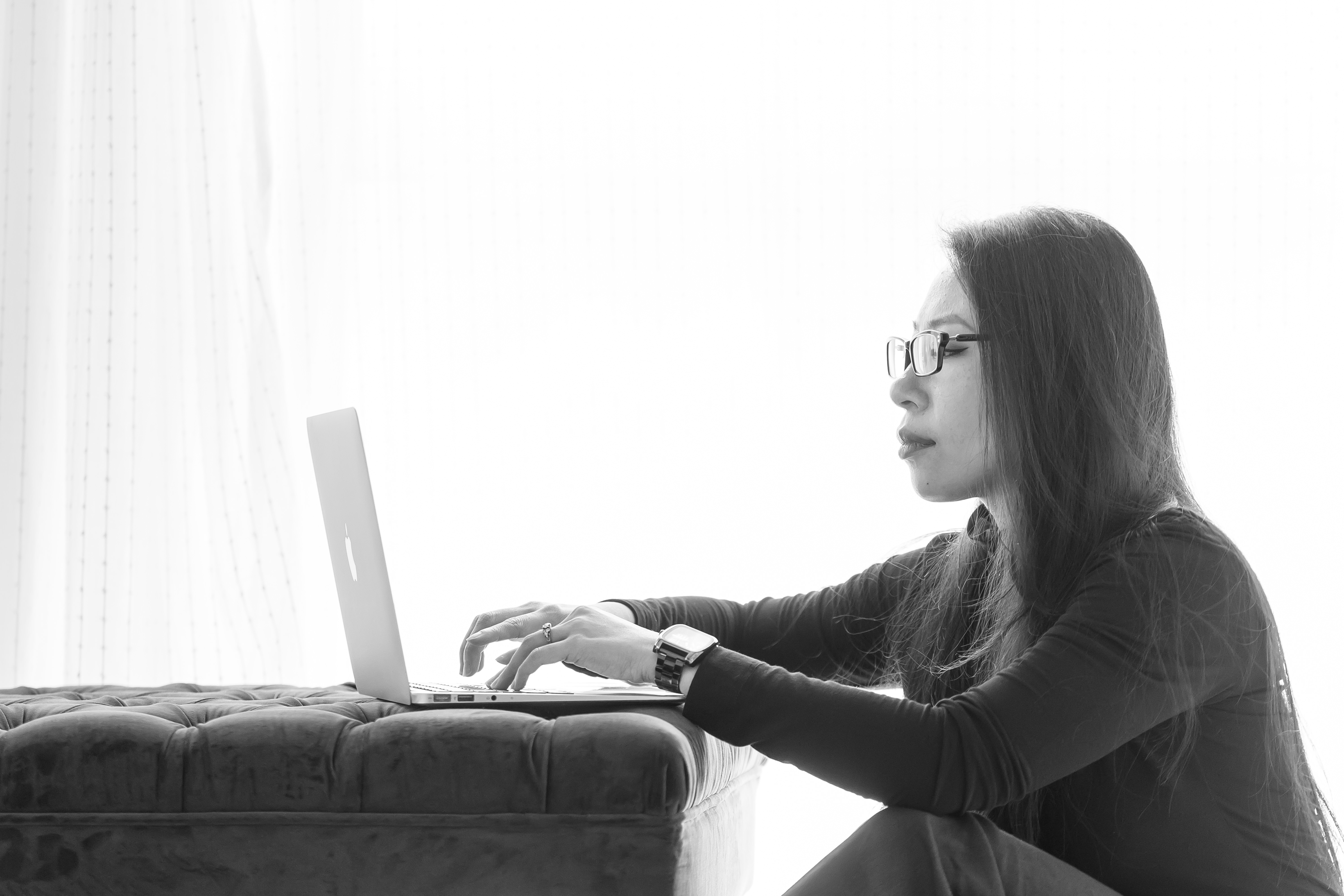IDENTITY
The Art of Self-Deception
“Humans see what they want to see.”
― Rick Riordan, The Lightning Thief
We lie to ourselves all the time.
I will get back on the band wagon first thing tomorrow.
He is good enough for me.
She isn’t always like this.
We see evidence of self-deception all the time.
We lie to ourselves about our productivity, about our discipline, our habits and our actions.
We lie to ourselves about our growth, about the state of our affairs, about how happy we really are.
We also lie about how meaningful our lives truly are and whether we are really living lives on our own term.
We deceive ourselves about how truly attractive we are, about our skills and our abilities. As demonstrated in the popular saying “fake it till you make it”.
We tell ourselves that we are kind and open-minded but avoid beggars on the street like the plague.
When we tell ourselves these lies however, we are really lying to ourselves about who we are.
Hiding our true nature
In the tv show, The Good Wife, the lead character, Alicia Florrick holds the identity of the good wife, the good mother, the good politician’s spouse.
When her husband, the state attorney, was discovered to have regularly visited prostitutes, presumably on the city’s dime, she found herself having to play the role she’s been training for her entire married life, to be the good wife and stay by her husband’s side, despite his infidelities.
Throughout the show, she finds herself in the dilemma of choosing between the right thing to do for herself, her family or for others. Her identity and her actions often collide, and she mostly justify her actions to herself that she was doing the “right thing” for herself or her family.
The actions serve one purpose but her justifications, however, serves to preserve her sense of who she is and therefore maintain her self-identity.
As the show goes on, Alicia’s character goes from being the good wife she was supposed to be, to her true self: a woman who was willing to bend the rules or betray others for her own self-gain.
This is not to say that she was a bad person, we all have that innate sense of self-preservation and capable of doing things we didn’t think we could.
The point of this is she stopped lying to herself about who she is and what she wants.
Of course, this is just a drama. This is not real life.
How we self-deceive in real life
In real life, people lie to themselves about their partners having an affair. Lying in this way is simply a form of denial, a defence mechanism that protects us from seeing our lives or our partner in the real light and in doing so, we preserve our own self-identity: the person who has the perfect life.
Some of us also lie about how sick our loved ones really are, how dire our financial situation is and how much we really need help from others.
We dupe ourselves into thinking that we have a handle on our many habits such as overeating and drinking too much. These lies help us think of ourselves as a person still in charge and not needing change and certainly not improvement.
When we self-deceive, we are avoiding pain in our life.
If you think about it, if you lie about how good life is, it means you feel like it is not up to your standards or expectation and as a reflection, you are the failure. When you lie about how bad it is, perhaps you are afraid that the good times will not last.
When we lie about our own vices or bad habits, we are reassuring ourselves that we are not the lazy one, the one without willpower.
Sometimes, we use our addictions and self-sabotaging behaviours to lie to ourselves about what is truly bothering us and the real pain within.
Also, when we self-deceive about our own capabilities, it is a way to mask our own insecurities, our own shortcomings.
Self-deception provides us with a sense of control, a control over what information we choose to accept and control over what we choose to react to.
The negative side of self-deception
Unfortunately, when we lie to ourselves, we are only maintaining the façade.
The longer we pretend there isn’t a problem, the bigger the problem snowballs. Things like addiction, chronic diseases, financial issues and a cheating spouse are problems that do not simply disappear.
The longer we put off dealing with them, the harder it is for us to handle.
When we deceive ourselves about our own truth, we are guilty of stopping ourselves from ever achieving our full potential.
The positive side of self-deception
Sometimes however, lying to ourselves is useful.
In times of crisis and uncertainty, we need a level of blind faith to get us through. A belief that we can be confident in someone or something with any obvious reasons.
This is how many find religion, there is no hard evidence to back the premise of deities having any control over our lives and yet millions of people believe they do.
Believing in a higher power then gives us a sense of control because we believe in our behaviours such as being kind, attending church and praying as having an effect on where we end up in life.
Believing in ourselves when we have no past proof to say that we have been able to achieve something also takes a small level of self-deception but in the guise of hope, faith and self-belief.
Last but not least, the ability of deceiving ourselves about others helps us maintain stability in our mental state before we finally awaken to the truth.
In essence, self-deception serves to help us feel better about ourselves, about who we are, about our lives in general. In these feel-good moments, we are then able to keep having faith and keep going.
After all, without that bit of self-deception, how will anyone get out of their comfort zone and achieve great things?
Want to get anything you want in life?
Sign up now for a free ebook on 3 strategies to help you gain confidence and start taking action.




